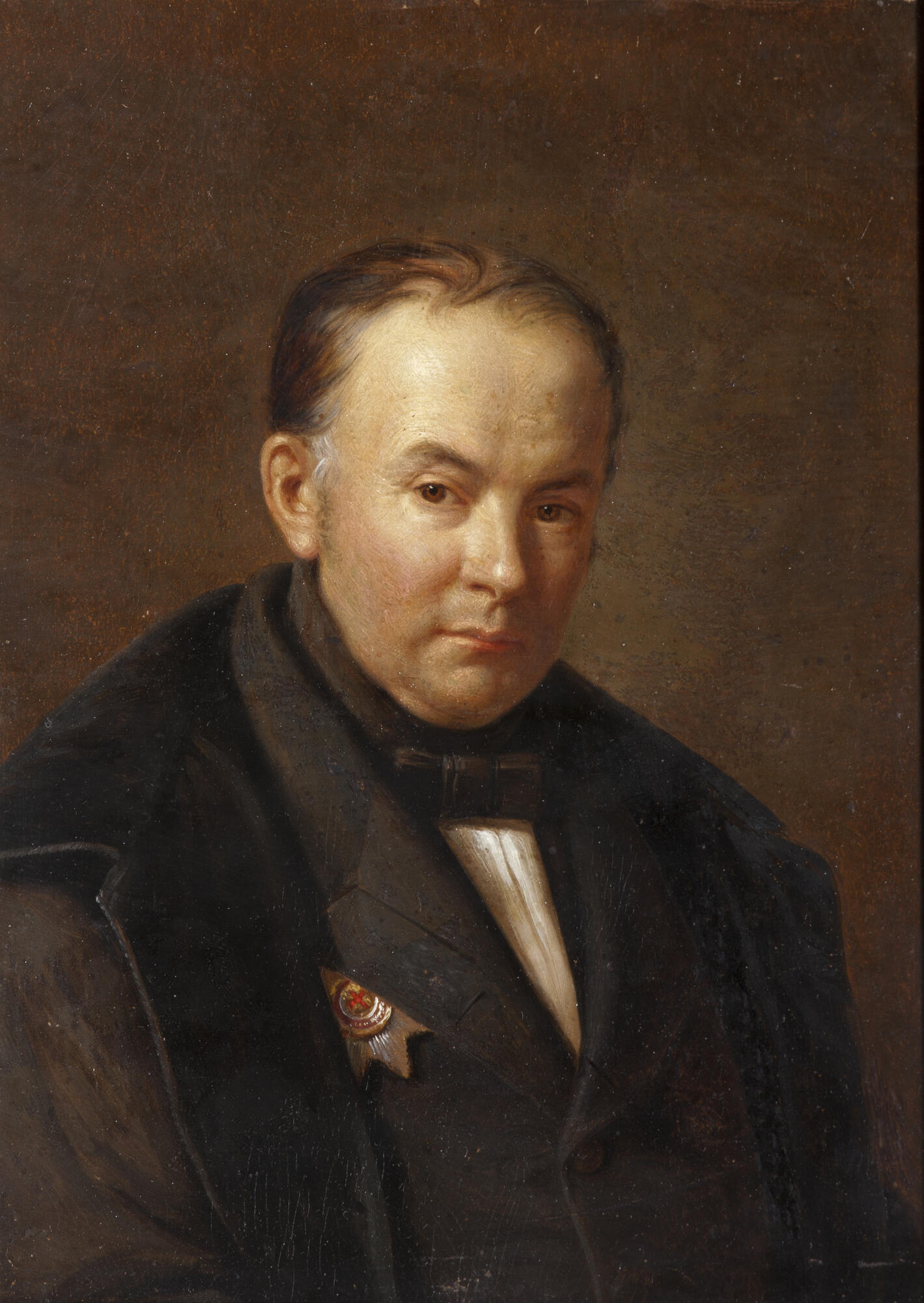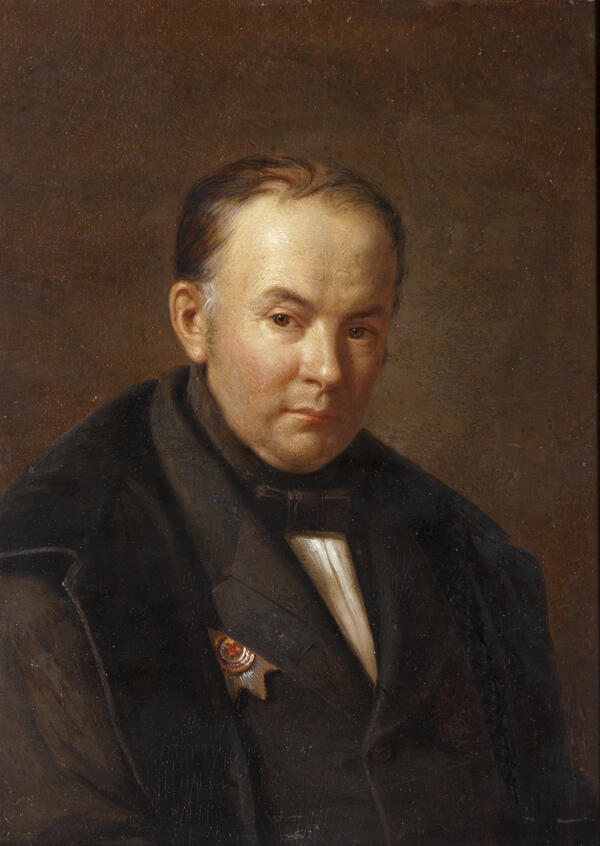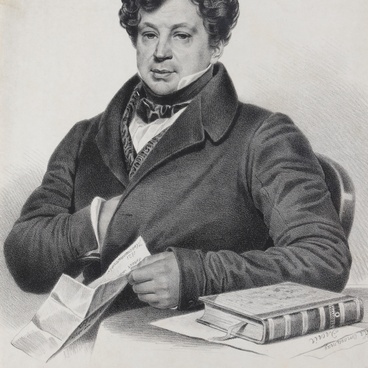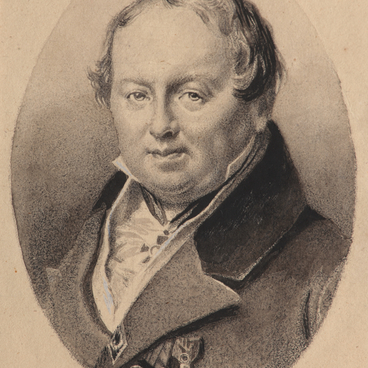The Russian poet Vasily Andreyevich Zhukovsky was one of the pioneers of romanticism in Russian literature, composing elegies, letters, songs, romances, ballads, and epic works. He is remembered as a renowned teacher of young poets. In addition to his own poems, Zhukovsky also translated poetry and prose, and worked as a literary critic and teacher. From 1817 to 1841, he taught Russian language to the Grand Duchess and later Empress Alexandra Feodorovna, and was the mentor to Tsesarevich Alexander Nikolayevich. In 1841, he was made Privy Councilor. In 1833, Zhukovsky composed the lyrics for “God Save the Tsar!” — the national anthem of Imperial Russia. Furthermore, he translated Homer’s “Odyssey” into Russian between 1842 and 1846; his translation became a classic.
As to his literary activities, Vasily Zhukovsky considered himself a disciple of Nikolay Karamzin. From 1815, Zhukovsky was a member of the literary society “Arzamas”, and in 1818, was admitted as a full member of the Russian Academy. Zhukovsky was one of the most significant figures in Russian classicism and a reformer of Russian poetry: he introduced amphibrach and blank verse in iambic pentameter as poetic meters in the Russian language and improved the Russian hexameter.



